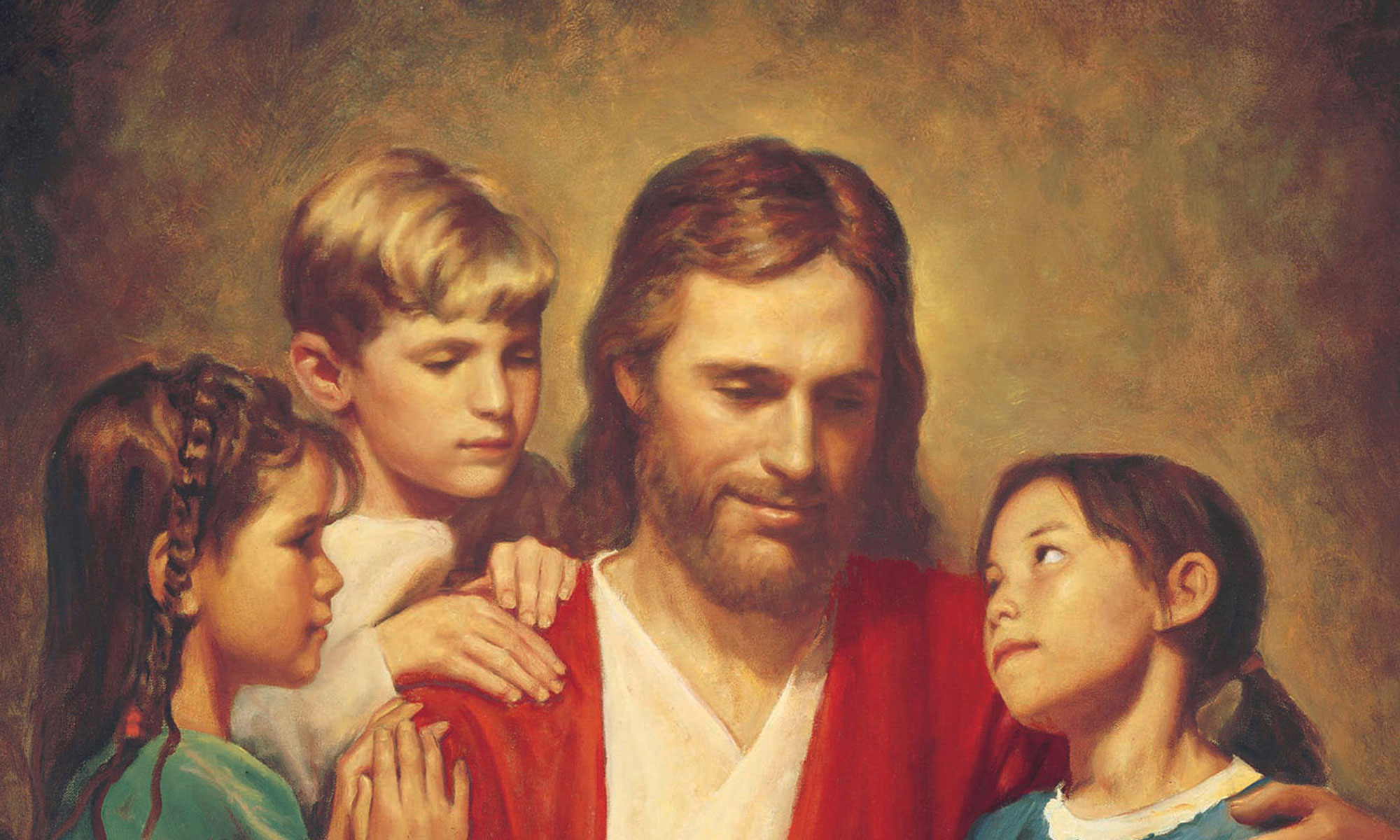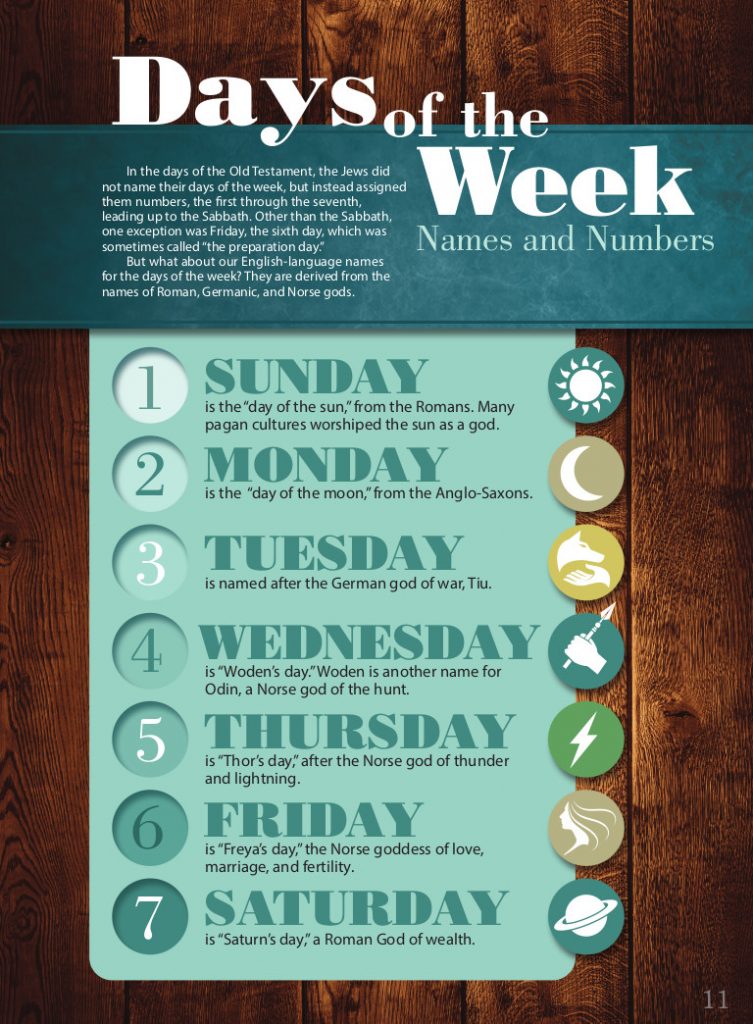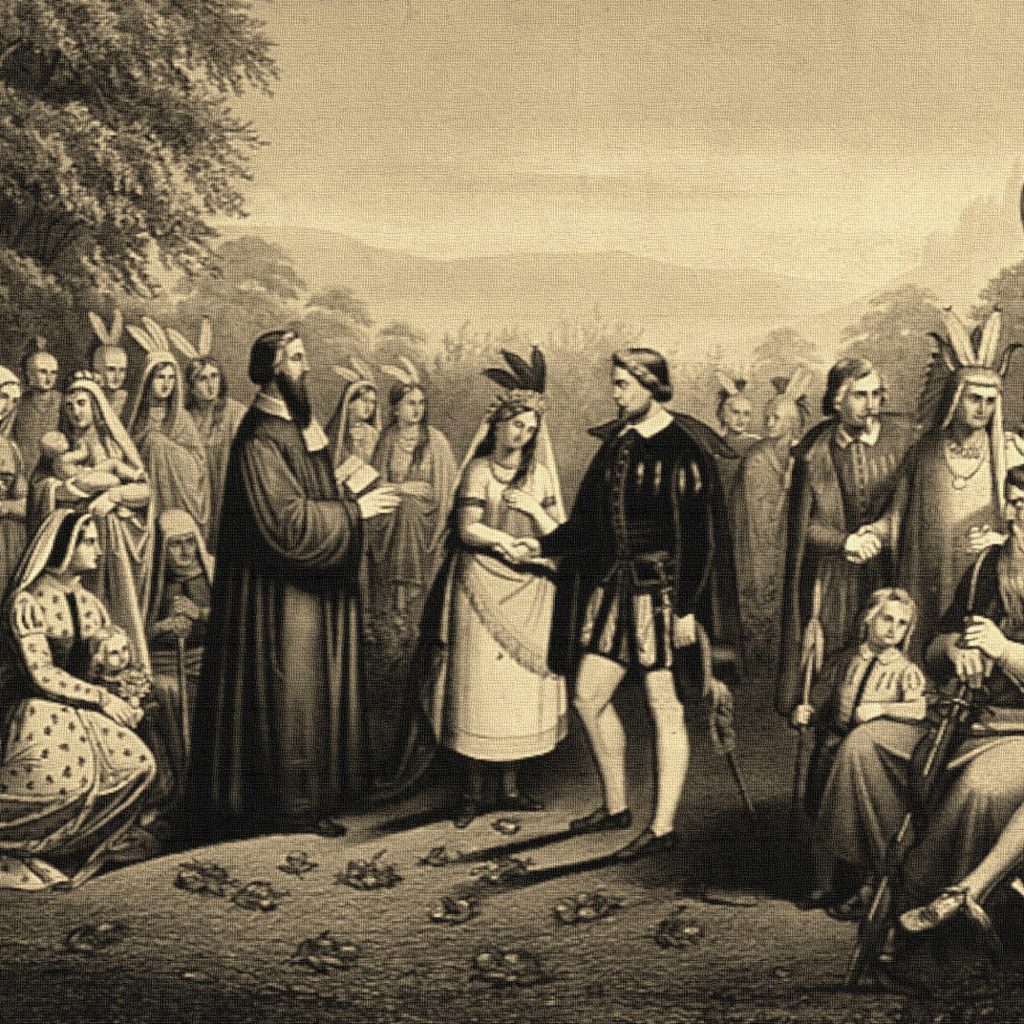
New Birth (John3:1-21)
How can a man be born again when he is old?
There was a man of the Pharisees named Nicodemus, a ruler of the Jews. 2 This man came to Jesus by night and said to Him, “Rabbi, we know that You are a teacher come from God; for no one can do these signs that You do unless God is with him.”
3 Jesus answered and said to him, “Most assuredly, I say to you, unless one is born [a]again, he cannot see the kingdom of God.”
4 Nicodemus said to Him, “How can a man be born when he is old? Can he enter a second time into his mother’s womb and be born?”
5 Jesus answered, “Most assuredly, I say to you, unless one is born of water and the Spirit, he cannot enter the kingdom of God. 6 That which is born of the flesh is flesh, and that which is born of the Spirit is spirit. 7 Do not marvel that I said to you, ‘You must be born again.’ 8 The wind blows where it wishes, and you hear the sound of it, but cannot tell where it comes from and where it goes. So is everyone who is born of the Spirit.”
9 Nicodemus answered and said to Him, “How can these things be?”
10 Jesus answered and said to him, “Are you the teacher of Israel, and do not know these things? 11 Most assuredly, I say to you, We speak what We know and testify what We have seen, and you do not receive Our witness. 12 If I have told you earthly things and you do not believe, how will you believe if I tell you heavenly things? 13 No one has ascended to heaven but He who came down from heaven, that is, the Son of Man [b]who is in heaven. 14 And as Moses lifted up the serpent in the wilderness, even so must the Son of Man be lifted up, 15 that whoever believes in Him should [c]not perish but have eternal life. 16 For God so loved the world that He gave His only begotten Son, that whoever believes in Him should not perish but have everlasting life. 17 For God did not send His Son into the world to condemn the world, but that the world through Him might be saved.
18 “He who believes in Him is not condemned; but he who does not believe is condemned already, because he has not believed in the name of the only begotten Son of God. 19 And this is the condemnation, that the light has come into the world, and men loved darkness rather than light, because their deeds were evil. 20 For everyone practicing evil hates the light and does not come to the light, lest his deeds should be exposed. 21 But he who does the truth comes to the light, that his deeds may be clearly seen, that they have been done in God.”
Desire of Ages Chapter 17
Nicodemus held a high position of trust in the Jewish nation. He was highly educated, and possessed talents of no ordinary character, and he was an honored member of the national council. With others, he had been stirred by the teaching of Jesus. Though rich, learned, and honored, he had been strangely attracted by the humble Nazarene. The lessons that had fallen from the Saviour’s lips had greatly impressed him, and he desired to learn more of these wonderful truths.
Christ’s exercise of authority in the cleansing of the temple had roused the determined hatred of the priests and rulers. They feared the power of this stranger. Such boldness on the part of an obscure Galilean was not to be tolerated. They were bent on putting an end to His work. But not all were agreed in this purpose. There were some that feared to oppose One who was so evidently moved upon by the Spirit of God. They remembered how prophets had been slain for rebuking the sins of the leaders in Israel. They knew that the bondage of the Jews to a heathen nation was the result of their stubbornness in rejecting reproofs from God. They feared that in plotting against Jesus the priests and rulers were following in the steps of their fathers, and would bring fresh calamities upon the nation. Nicodemus shared these feelings. In a council of the Sanhedrin, when the course to be pursued toward Jesus was considered, Nicodemus advised caution and moderation. He urged that if Jesus was really invested with authority from God, it would be perilous to reject His warnings. The priests dared not disregard this counsel, and for the time they took no open measures against the Saviour.
Since hearing Jesus, Nicodemus had anxiously studied the prophecies relating to the Messiah; and the more he searched, the stronger was his conviction that this was the One who was to come. With many others in Israel he had been greatly distressed by the profanation of the temple. He was a witness of the scene when Jesus drove out the buyers and the sellers; he beheld the wonderful manifestation of divine power; he saw the Saviour receiving the poor and healing the sick; he saw their looks of joy, and heard their words of praise; and he could not doubt that Jesus of Nazareth was the Sent of God.
He greatly desired an interview with Jesus, but shrank from seeking Him openly. It would be too humiliating for a ruler of the Jews to acknowledge himself in sympathy with a teacher as yet so little known. And should his visit come to the knowledge of the Sanhedrin, it would draw upon him their scorn and denunciation. He resolved upon a secret interview, excusing this on the ground that if he were to go openly, others might follow his example. Learning by special inquiry the Saviour’s place of retirement in the Mount of Olives, he waited until the city was hushed in slumber, and then sought Him.
In the presence of Christ, Nicodemus felt a strange timidity, which he endeavored to conceal under an air of composure and dignity. “Rabbi,” he said, “we know that Thou art a teacher come from God: for no man can do these miracles that Thou doest, except God be with him.” By speaking of Christ’s rare gifts as a teacher, and also of His wonderful power to perform miracles, he hoped to pave the way for his interview. His words were designed to express and to invite confidence; but they really expressed unbelief. He did not acknowledge Jesus to be the Messiah, but only a teacher sent from God.
Instead of recognizing this salutation, Jesus bent His eyes upon the speaker, as if reading his very soul. In His infinite wisdom He saw before Him a seeker after truth. He knew the object of this visit, and with a desire to deepen the conviction already resting upon His listener’s mind, He came directly to the point, saying solemnly, yet kindly, “Verily, verily, I say unto thee, Except a man be born from above, he cannot see the kingdom of God.” John 3:3, margin.
Nicodemus had come to the Lord thinking to enter into a discussion with Him, but Jesus laid bare the foundation principles of truth. He said to Nicodemus, It is not theoretical knowledge you need so much as spiritual regeneration. You need not to have your curiosity satisfied, but to have a new heart. You must receive a new life from above before you can appreciate heavenly things. Until this change takes place, making all things new, it will result in no saving good for you to discuss with Me My authority or My mission. Nicodemus had heard the preaching of John the Baptist concerning repentance and baptism, and pointing the people to One who should baptize with the Holy Spirit. He himself had felt that there was a lack of spirituality among the Jews, that, to a great degree, they were controlled by bigotry and worldly ambition. He had hoped for a better state of things at the Messiah’s coming. Yet the heart-searching message of the Baptist had failed to work in him conviction of sin. He was a strict Pharisee, and prided himself on his good works. He was widely esteemed for his benevolence and his liberality in sustaining the temple service, and he felt secure of the favor of God. He was startled at the thought of a kingdom too pure for him to see in his present state.
The figure of the new birth, which Jesus had used, was not wholly unfamiliar to Nicodemus. Converts from heathenism to the faith of Israel were often compared to children just born. Therefore he must have perceived that the words of Christ were not to be taken in a literal sense. But by virtue of his birth as an Israelite he regarded himself as sure of a place in the kingdom of God. He felt that he needed no change. Hence his surprise at the Saviour’s words. He was irritated by their close application to himself. The pride of the Pharisee was struggling against the honest desire of the seeker after truth. He wondered that Christ should speak to him as He did, not respecting his position as ruler in Israel.
Surprised out of his self-possession, he answered Christ in words full of irony, “How can a man be born when he is old?” Like many others when cutting truth is brought home to the conscience, he revealed the fact that the natural man receiveth not the things of the Spirit of God. There is in him nothing that responds to spiritual things; for spiritual things are spiritually discerned.
But the Saviour did not meet argument with argument. Raising His hand with solemn, quiet dignity, He pressed the truth home with greater assurance, “Verily, verily, I say unto thee, Except a man be born of water and of the Spirit, he cannot enter into the kingdom of God.” Nicodemus knew that Christ here referred to water baptism and the renewing of the heart by the Spirit of God. He was convinced that he was in the presence of the One whom John the Baptist had foretold.
Jesus continued: “That which is born of the flesh is flesh; and that which is born of the Spirit is spirit.” By nature the heart is evil, and “who can bring a clean thing out of an unclean? not one.” Job 14:4. No human invention can find a remedy for the sinning soul. “The carnal mind is enmity against God: for it is not subject to the law of God, neither indeed can be.” “Out of the heart proceed evil thoughts, murders, adulteries, fornications, thefts, false witness, blasphemies.” Romans 8:7; Matthew 15:19. The fountain of the heart must be purified before the streams can become pure. He who is trying to reach heaven by his own works in keeping the law is attempting an impossibility. There is no safety for one who has merely a legal religion, a form of godliness. The Christian’s life is not a modification or improvement of the old, but a transformation of nature. There is a death to self and sin, and a new life altogether. This change can be brought about only by the effectual working of the Holy Spirit.
Nicodemus was still perplexed, and Jesus used the wind to illustrate His meaning: “The wind bloweth where it listeth, and thou hearest the sound thereof, but canst not tell whence it cometh, and whither it goeth: so is everyone that is born of the Spirit.”
The wind is heard among the branches of the trees, rustling the leaves and flowers; yet it is invisible, and no man knows whence it comes or whither it goes. So with the work of the Holy Spirit upon the heart. It can no more be explained than can the movements of the wind. A person may not be able to tell the exact time or place, or to trace all the circumstances in the process of conversion; but this does not prove him to be unconverted. By an agency as unseen as the wind, Christ is constantly working upon the heart. Little by little, perhaps unconsciously to the receiver, impressions are made that tend to draw the soul to Christ. These may be received through meditating upon Him, through reading the Scriptures, or through hearing the word from the living preacher. Suddenly, as the Spirit comes with more direct appeal, the soul gladly surrenders itself to Jesus. By many this is called sudden conversion; but it is the result of long wooing by the Spirit of God,—a patient, protracted process.
While the wind is itself invisible, it produces effects that are seen and felt. So the work of the Spirit upon the soul will reveal itself in every act of him who has felt its saving power. When the Spirit of God takes possession of the heart, it transforms the life. Sinful thoughts are put away, evil deeds are renounced; love, humility, and peace take the place of anger, envy, and strife. Joy takes the place of sadness, and the countenance reflects the light of heaven. No one sees the hand that lifts the burden, or beholds the light descend from the courts above. The blessing comes when by faith the soul surrenders itself to God. Then that power which no human eye can see creates a new being in the image of God.
It is impossible for finite minds to comprehend the work of redemption. Its mystery exceeds human knowledge; yet he who passes from death to life realizes that it is a divine reality. The beginning of redemption we may know here through a personal experience. Its results reach through the eternal ages.
While Jesus was speaking, some gleams of truth penetrated the ruler’s mind. The softening, subduing influence of the Holy Spirit impressed his heart. Yet he did not fully understand the Saviour’s words. He was not so much impressed by the necessity of the new birth as by the manner of its accomplishment. He said wonderingly, “How can these things be?”
“Art thou a master of Israel, and knowest not these things?” Jesus asked. Surely one entrusted with the religious instruction of the people should not be ignorant of truths so important. His words conveyed the lesson that instead of feeling irritated over the plain words of truth, Nicodemus should have had a very humble opinion of himself, because of his spiritual ignorance. Yet Christ spoke with such solemn dignity, and both look and tone expressed such earnest love, that Nicodemus was not offended as he realized his humiliating condition.
But as Jesus explained that His mission on earth was to establish a spiritual instead of a temporal kingdom, His hearer was troubled. Seeing this, Jesus added, “If I have told you earthly things, and ye believe not, how shall ye believe, if I tell you of heavenly things?” If Nicodemus could not receive Christ’s teaching, illustrating the work of grace upon the heart, how could he comprehend the nature of His glorious heavenly kingdom? Not discerning the nature of Christ’s work on earth, he could not understand His work in heaven.
The Jews whom Jesus had driven from the temple claimed to be children of Abraham, but they fled from the Saviour’s presence because they could not endure the glory of God which was manifested in Him. Thus they gave evidence that they were not fitted by the grace of God to participate in the sacred services of the temple. They were zealous to maintain an appearance of holiness, but they neglected holiness of heart. While they were sticklers for the letter of the law, they were constantly violating its spirit. Their great need was that very change which Christ had been explaining to Nicodemus,—a new moral birth, a cleansing from sin, and a renewing of knowledge and holiness.
There was no excuse for the blindness of Israel in regard to the work of regeneration. Under the inspiration of the Holy Spirit, Isaiah had written, “We are all as an unclean thing, and all our righteousnesses are as filthy rags.” David had prayed, “Create in me a clean heart, O God; and renew a right spirit within me.” And through Ezekiel the promise had been given, “A new heart also will I give you, and a new spirit will I put within you: and I will take away the stony heart out of your flesh, and I will give you an heart of flesh. And I will put My Spirit within you, and cause you to walk in My statutes.” Isaiah 64:6; Psalm 51:10; Ezekiel 36:26, 27.
Nicodemus had read these scriptures with a clouded mind; but he now began to comprehend their meaning. He saw that the most rigid obedience to the mere letter of the law as applied to the outward life could entitle no man to enter the kingdom of heaven. In the estimation of men, his life had been just and honorable; but in the presence of Christ he felt that his heart was unclean, and his life unholy.
Nicodemus was being drawn to Christ. As the Saviour explained to him concerning the new birth, he longed to have this change wrought in himself. By what means could it be accomplished? Jesus answered the unspoken question: “As Moses lifted up the serpent in the wilderness, even so must the Son of man be lifted up: that whosoever believeth in Him should not perish, but have eternal life.”
Here was ground with which Nicodemus was familiar. The symbol of the uplifted serpent made plain to him the Saviour’s mission. When the people of Israel were dying from the sting of the fiery serpents, God directed Moses to make a serpent of brass, and place it on high in the midst of the congregation. Then the word was sounded throughout the encampment that all who would look upon the serpent should live. The people well knew that in itself the serpent had no power to help them. It was a symbol of Christ. As the image made in the likeness of the destroying serpents was lifted up for their healing, so One made “in the likeness of sinful flesh” was to be their Redeemer. Romans 8:3. Many of the Israelites regarded the sacrificial service as having in itself virtue to set them free from sin. God desired to teach them that it had no more value than that serpent of brass. It was to lead their minds to the Saviour. Whether for the healing of their wounds or the pardon of their sins, they could do nothing for themselves but show their faith in the Gift of God. They were to look and live.
Those who had been bitten by the serpents might have delayed to look. They might have questioned how there could be efficacy in that brazen symbol. They might have demanded a scientific explanation. But no explanation was given. They must accept the word of God to them through Moses. To refuse to look was to perish.
Not through controversy and discussion is the soul enlightened. We must look and live. Nicodemus received the lesson, and carried it with him. He searched the Scriptures in a new way, not for the discussion of a theory, but in order to receive life for the soul. He began to see the kingdom of heaven as he submitted himself to the leading of the Holy Spirit.
There are thousands today who need to learn the same truth that was taught to Nicodemus by the uplifted serpent. They depend on their obedience to the law of God to commend them to His favor. When they are bidden to look to Jesus, and believe that He saves them solely through His grace, they exclaim, “How can these things be?”
Like Nicodemus, we must be willing to enter into life in the same way as the chief of sinners. Than Christ, “there is none other name under heaven given among men, whereby we must be saved.” Acts 4:12. Through faith we receive the grace of God; but faith is not our Saviour. It earns nothing. It is the hand by which we lay hold upon Christ, and appropriate His merits, the remedy for sin. And we cannot even repent without the aid of the Spirit of God. The Scripture says of Christ, “Him hath God exalted with His right hand to be a Prince and a Saviour, for to give repentance to Israel, and forgiveness of sins.” Acts 5:31. Repentance comes from Christ as truly as does pardon.
How, then, are we to be saved? “As Moses lifted up the serpent in the wilderness,” so the Son of man has been lifted up, and everyone who has been deceived and bitten by the serpent may look and live. “Behold the Lamb of God, which taketh away the sin of the world.” John 1:29. The light shining from the cross reveals the love of God. His love is drawing us to Himself. If we do not resist this drawing, we shall be led to the foot of the cross in repentance for the sins that have crucified the Saviour. Then the Spirit of God through faith produces a new life in the soul. The thoughts and desires are brought into obedience to the will of Christ. The heart, the mind, are created anew in the image of Him who works in us to subdue all things to Himself. Then the law of God is written in the mind and heart, and we can say with Christ, “I delight to do Thy will, O my God.” Psalm 40:8.
In the interview with Nicodemus, Jesus unfolded the plan of salvation, and His mission to the world. In none of His subsequent discourses did He explain so fully, step by step, the work necessary to be done in the hearts of all who would inherit the kingdom of heaven. At the very beginning of His ministry He opened the truth to a member of the Sanhedrin, to the mind that was most receptive, and to an appointed teacher of the people. But the leaders of Israel did not welcome the light. Nicodemus hid the truth in his heart, and for three years there was little apparent fruit.
But Jesus was acquainted with the soil into which He cast the seed. The words spoken at night to one listener in the lonely mountain were not lost. For a time Nicodemus did not publicly acknowledge Christ, but he watched His life, and pondered His teachings. In the Sanhedrin council he repeatedly thwarted the schemes of the priests to destroy Him. When at last Jesus was lifted up on the cross, Nicodemus remembered the teaching upon Olivet: “As Moses lifted up the serpent in the wilderness, even so must the Son of man be lifted up: that whosoever believeth in Him should not perish, but have eternal life.” The light from that secret interview illumined the cross upon Calvary, and Nicodemus saw in Jesus the world’s Redeemer.
After the Lord’s ascension, when the disciples were scattered by persecution, Nicodemus came boldly to the front. He employed his wealth in sustaining the infant church that the Jews had expected to be blotted out at the death of Christ. In the time of peril he who had been so cautious and questioning was firm as a rock, encouraging the faith of the disciples, and furnishing means to carry forward the work of the gospel. He was scorned and persecuted by those who had paid him reverence in other days. He became poor in this world’s goods; yet he faltered not in the faith which had its beginning in that night conference with Jesus.
Nicodemus related to John the story of that interview, and by his pen it was recorded for the instruction of millions. The truths there taught are as important today as they were on that solemn night in the shadowy mountain, when the Jewish ruler came to learn the way of life from the lowly Teacher of Galilee.








